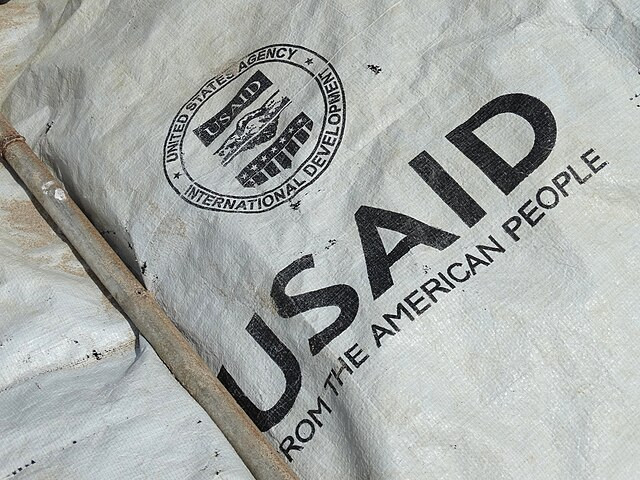The United States is preparing to destroy nearly 500 metric tons of emergency food-high-energy biscuits designed for famine zones-after the rations sat unused for months in a Dubai warehouse and reached their expiration date, a move that has ignited bipartisan criticism and accusations of waste under President Donald Trump's administration.
The nutrient-dense biscuits, valued at $800,000 and purchased with U.S. taxpayer dollars, were originally acquired during the Biden administration as contingency supplies for humanitarian crises in regions like Afghanistan and Pakistan. Due to logistical setbacks and staffing reductions at the U.S. Agency for International Development (USAID), the food went undistributed and is now set to be incinerated-at an additional taxpayer cost of roughly $130,000, according to multiple officials familiar with the matter.
"This is the definition of waste," a former USAID official told CNN, adding that the destruction would not have occurred prior to the Trump administration's overhaul of the agency. "It's just heartbreaking to see with these biscuits, because they're the perfect emergency food aid."
The high-energy biscuits, formulated to stabilize malnourished populations in disaster zones, are particularly effective in areas where cooking is impossible due to a lack of clean water, fuel, or infrastructure-such as Gaza. "Two rations of biscuits a day is enough to stop people from dying," the former official said.
The State Department confirmed the destruction, stating that the biscuits had expired and could no longer be distributed. "Unfortunately, this risk is part of always being ready to respond to life-saving humanitarian needs with consumable commodities in remote locations around the world," a spokesperson said. "USAID has had to destroy commodities under previous administrations with similar circumstances-this is not unique."
However, multiple aid workers cited in The Atlantic, which first reported the story, disputed that claim. "They have never before seen the U.S. government simply give up on food that could have been put to good use," the outlet reported.
While Secretary of State Marco Rubio told Congress in May that the biscuits would be delivered, The Atlantic reported that sources inside USAID said the decision to destroy them had already been finalized by then. The discrepancy has fueled accusations of government mismanagement and a failure to prioritize urgent humanitarian need.
The biscuits, which could have fed approximately 1.5 million children for a week, were purchased as part of an emergency stockpile but languished in storage as USAID faced widespread cuts to funding and staffing. The Trump administration had previously targeted USAID for restructuring, citing allegations of waste and fraud, which critics say gutted the agency's logistical capabilities.
Public backlash to the destruction of the food mounted after the story spread across social media, with posts by Rep. Pramila Jayapal and former Labor Secretary Robert Reich describing it as emblematic of broader dysfunction. One viral post read: "A tremendous metaphor for the Trump administration: @marcorubio's State Department blowing $130,000 to destroy $800,000 in food. Almost a million dollars up in smoke bc Trump wants to destroy American soft power."
The biscuits were intended as immediate, high-calorie sustenance for displaced populations in crisis, such as those fleeing war or natural disaster. They're “specifically meant for populations that are moving from one place to another," the State Department confirmed.






